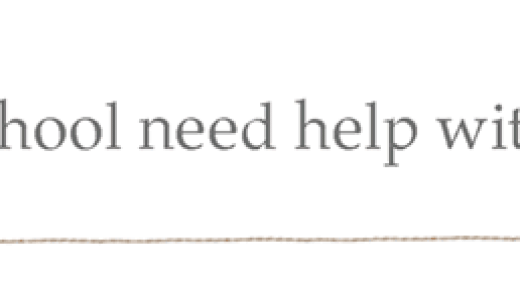Humanities, social sciences and arts make up more than half of students’ GCSE choices, new data reveals

SHAPE subjects (social sciences, humanities and the arts for people and the economy) made up more than half (54 per cent) of GCSE students’ subjects in 2024. The numbers were released this morning (22 August) as teenagers across the country collect their exam results.
Data on GCSE entries across England, Wales and Northern Ireland released today by the Joint Council for Qualifications (JCQ) and analysed by the British Academy show that there has been an increase in entries to SHAPE subjects of around 4.8 per cent from 2023 to 2024, and around 10.7 per cent from 2019 to 2024 – keeping pace with the increasing number of students taking GCSEs.
Last week, the British Academy, the national academy for humanities and social sciences, launched its new interactive ‘SHAPE Indicators’ tool, which visually represents how many entries there have been every year over the past decade for humanities, arts and social science subjects offered at GCSE, A-level and their Scottish equivalents – allowing trends and changes to be easily spotted.
The tool is the latest addition to the academy’s SHAPE observatory, an independent and robust evidence base for the overall health of the SHAPE disciplines across UK education and research.
Some SHAPE subjects have become more popular with students who sat their GCSEs this year. Today’s JCQ data on GCSE results in 2024 also shows that:
– Across England, Northern Ireland and Wales, the highest growing SHAPE subject at GCSE this year was business studies, with around a 9.7 per cent increase from 2023 to 2024, in line with a longer-term increase of 41 per cent between 2019 to 2024
– The second highest growing SHAPE subject within the last year was music, with an 8.7 per cent increase between 2023 to 2024. However, this recovery followed a 12.5 per cent decrease between 2022 to 2023, and long-term trends show a 6.9 per cent decrease between 2019 to 2024
– Other higher growing SHAPE subjects between 2023 to 2024 include other modern languages (8.1 per cent) including Chinese, Polish, Arabic, Italian, and Urdu, economics (6.9 per cent), Spanish (6.2 per cent), and social science subjects (6.2 per cent) like sociology and psychology, all of which have also seen healthy longer-term increases
– Irish, a SHAPE subject which is generally only offered in Northern Ireland, saw entries increase by 14.8 per cent between 2023 to 2024
Professor Julia Black, president of the British Academy welcomed the news, saying: “I’d like to congratulate everyone receiving their GCSE results today. Reaching this milestone is a significant step in every student’s educational journey.
“It’s encouraging to see that SHAPE subjects such as music, economics and several modern languages are increasingly popular this year – long may that continue.
“The British Academy’s research shows that social sciences and humanities subjects furnish students with an understanding of people, societies and cultures – which are needed to problem-solve in an increasingly challenging and volatile world.”







